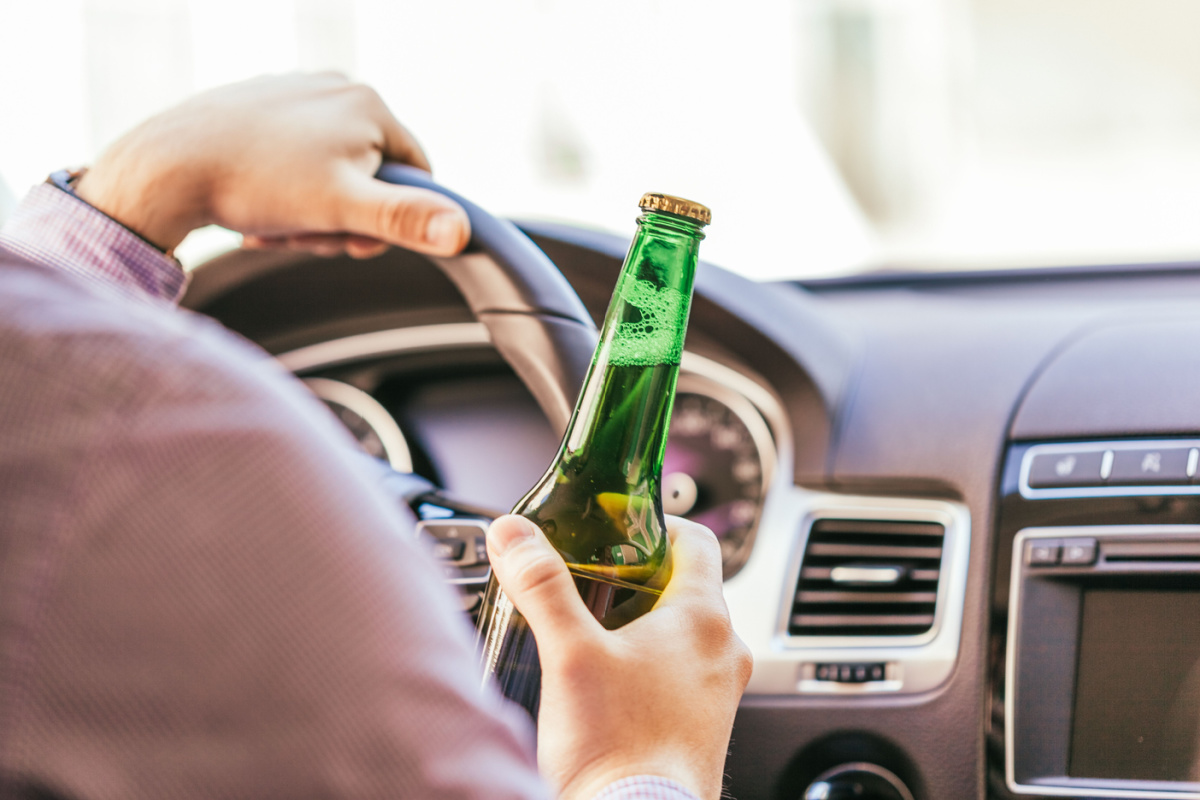
Driving under the influence is one of the most prominent dangers facing drivers in West Virginia. According to the National Highway Traffic Safety Administration, 10,142 victims lost their lives in traffic accidents involving intoxicated drivers in 2019 alone. This equates to about 28 deaths every day. You may be able to protect yourself from getting into a collision with a drunk driver by learning how to recognize the signs of a driver that is impaired.
A driver drifting in and out of multiple lanes is a common sign of intoxication. Alcohol in the bloodstream can impair a driver’s vision, muscle control, strength and cognitive function. All of this can lead to a driver being unable to stay within his or her own lane. The driver may be unable to concentrate on the road, see the lines or control the motor vehicle to stay within the lines. This can result in tailgating, unsafe lane changes, the failure to yield and related accidents.
Alcohol impairs a driver’s judgment and reasoning, often resulting in broken traffic laws such as speeding, running a red light and driving the wrong way on a one-way street. The drunk driver may be unaware that he or she is breaking a rule or may be operating the vehicle recklessly due to diminished self-control. If you notice a driver is violating roadway rules, this could be a sign that the driver is under the influence of drugs or alcohol and needs to be reported to the police.
Speeding is one of the most dangerous outcomes of driving under the influence of alcohol. Many drunk drivers are prone to speeding due to poor decision-making, recklessness brought on by the alcohol, peer pressure, confusion, drag racing and the inability to control the car. If you notice a driver excessively speeding or fluctuating his or her speed unusually often, this could be a sign of alcohol impairment.
When a driver consumes alcohol, his or her reflexes and reaction times are reduced. This can result in the drunk driver tailgating other drivers and coming to abrupt stops. The driver’s ability to concentrate, pay attention and react to changing roadway situations will all be compromised. This can make the driver unable to properly control the brake and gas pedals, as well as make a sound decision about when to hit the brakes.
If you suspect that a driver you are sharing the road with in West Virginia is drunk or under the influence of drugs, keep a safe distance and call 911 using your cell phone immediately. Give the police officer a description of the drunk driver’s vehicle, including the make, model and color. Tell the officer what road you are on and what direction you’re heading to help the police track down the drunk driver and make a traffic stop.
If you have the driver’s license plate numbers, give these to the cops as well. However, don’t put yourself in danger by trying to get closer to the drunk driver to read the plate numbers. Never try to follow a driver that you believe is drunk. Your personal safety is paramount in this dangerous situation. Keep a safe distance from the drunk driver and do not try to stop or approach the driver. Once you have notified the police, you have done your part and can continue to your destination.
If you get into a car accident with a drunk driver, you will need to report the crash to the police and collect information, such as the driver’s name and insurer. Then, you must cooperate with an insurance company’s investigation of the collision to pursue financial compensation from the drunk driver’s policy. You may be able to use the arrest of the driver or a DUI conviction as evidence for your insurance claim. Contact a drunk driving attorney in West Virginia for assistance with the claims process right away.

Attorney Timothy Manchin established the Manchin Injury Law Group in 2011 after his law partner of more than 25 years became a West Virginia circuit court judge. His focus is on helping individual clients and entire families victimized by negligent acts.
We offer a free initial consultation at our office in the Manchin Professional Building — our home since 1983 — conveniently located in Fairmont.
If you are unable to visit our firm, we can come to your home or hospital room.
Fill out the form below to get in touch!